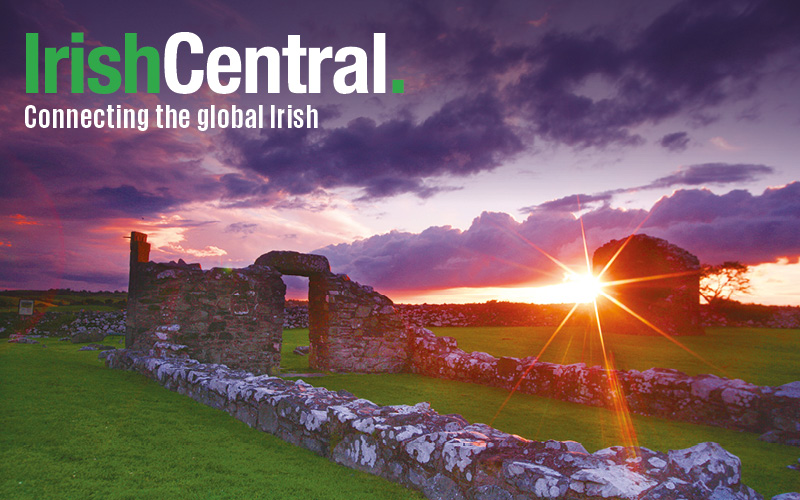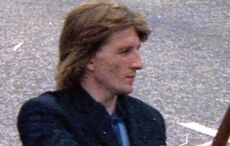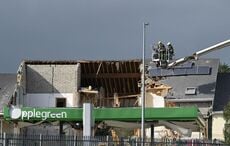Barack Obama is not just the first African American to become president. He is also the first son of an immigrant to reach the White House since Andrew Jackson in 1829. That places him very close to his African roots. Andrew Jackson was born to Presbyterian Scots-Irish immigrants Andrew and Elizabeth Jackson on March 15, 1767, approximately two years after they had emigrated from Carrickfergus, Northern Ireland. His two older brothers were born in Northern Ireland. The only son of an immigrant to contest an American presidential election in the last century was Al Smith, also the child of an Irish mother who went down to defeat in 1928 on a wave of anti-Catholic bashing. The immigrant experience in all its facets is a reality that has been overlooked in all the commentary about Obama's African American ancestry. Yet the immigrant part of him is hugely important. Obama's memoir "Dreams of My Father" is about his lifelong quest to find the immigrant father he never really knew. His main memory is of a visit his father, Barack Senior, made to his school in Hawaii when he was a youngster. A large section of the book is taken up with Obama's trip back to his father's homeland in Kenya as a young 25-year-old, and his encounter with the past he never knew. During his visit he meets a virtual trainload of relatives, all anxious to forge links with the American relative. Their stories become his, as they take him back deep into the culture and traditions of the family. During his stay he visited them in mud huts, in run down shacks and ramshackle dwellings in which they lived. He reunited with half sisters and brothers he had never seen. Above all, he contemplated his own extraordinary journey which to that point had taken him to Harvard back in America. The fact that the young man went on to become president of the United States is phenomenal. One cannot imagine a greater contrast with his relatives and those of his White House blue blood predecessor, George W. Bush, a Texas oilman by way of Connecticut gentry. A large part of the Obama family history was taken up with a struggle very familiar to Irish people - the effort to rid Kenya of the British. Hussein Onyango Obama, the new president's paternal grandfather, served with the British Army in Burma and later returned to Kenya hoping to see his country win independence from the British. He took part in the Mau Mau rebellion against the British, a bitter war of independence the after effects of which are still, remarkably, being contested in courts today. The behavior of British soldiers during the Mau Mau is still the subject of continuing legal action in British courts. Victims of the torture are still seeking reparations for the treatment they suffered over 50 years ago. Conceivably the family of the new American president could still sue the British government for the torture of his grandfather. Certainly, in his memoir, Obama makes clear he has little time for British colonialism or torture. In one chapter an old relative relays for him the pain and mistreatment his ancestral villagers suffered when the British first came to Kenya to exploit its natural resources. Obama has become such a renowned figure that millions worldwide are painting their own portrait of what the new man in power will do, and what will influence him. No doubt Obama, in his private moments, will hear many of the ancestral voices from Africa who spoke to him on his life-changing visit to Kenya. Like everyone else he is a part of all that he has met, as Alfred Tennyson wrote. How that will impact him in the White House remains to be seen.




Comments